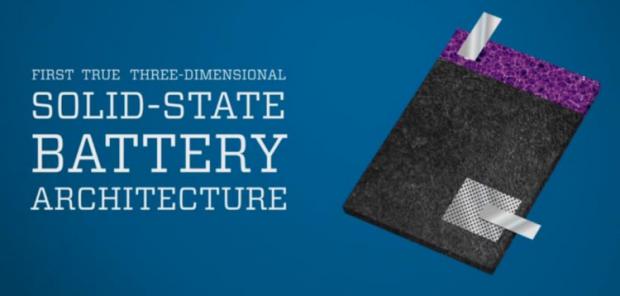
Breaking News
 Poland to Buy 150 Tons More Gold, Approves up to 36.6% Held
Poland to Buy 150 Tons More Gold, Approves up to 36.6% Held
 Michael Oliver: T-Bond Nuclear Panic Will Send Silver VIOLENTLY to $300–$500 | Gold to $8,000
Michael Oliver: T-Bond Nuclear Panic Will Send Silver VIOLENTLY to $300–$500 | Gold to $8,000
 Greentanamo: Trump Deal Gives US Sovereignty Over Small Pockets Of Greenland For Military Bases
Greentanamo: Trump Deal Gives US Sovereignty Over Small Pockets Of Greenland For Military Bases
 Das: Trump's Spat With The Fed Is Not About Central Bank Independence
Das: Trump's Spat With The Fed Is Not About Central Bank Independence
Top Tech News
 The day of the tactical laser weapon arrives
The day of the tactical laser weapon arrives
 'ELITE': The Palantir App ICE Uses to Find Neighborhoods to Raid
'ELITE': The Palantir App ICE Uses to Find Neighborhoods to Raid
 Solar Just Took a Huge Leap Forward!- CallSun 215 Anti Shade Panel
Solar Just Took a Huge Leap Forward!- CallSun 215 Anti Shade Panel
 XAI Grok 4.20 and OpenAI GPT 5.2 Are Solving Significant Previously Unsolved Math Proofs
XAI Grok 4.20 and OpenAI GPT 5.2 Are Solving Significant Previously Unsolved Math Proofs
 Watch: World's fastest drone hits 408 mph to reclaim speed record
Watch: World's fastest drone hits 408 mph to reclaim speed record
 Ukrainian robot soldier holds off Russian forces by itself in six-week battle
Ukrainian robot soldier holds off Russian forces by itself in six-week battle
 NASA announces strongest evidence yet for ancient life on Mars
NASA announces strongest evidence yet for ancient life on Mars
 Caltech has successfully demonstrated wireless energy transfer...
Caltech has successfully demonstrated wireless energy transfer...
 The TZLA Plasma Files: The Secret Health Sovereignty Tech That Uncle Trump And The CIA Tried To Bury
The TZLA Plasma Files: The Secret Health Sovereignty Tech That Uncle Trump And The CIA Tried To Bury
Toyota Says It'll Launch Solid-State Battery EVs In 2022

A report in Japan's Chunichi Shimbun claims Toyota is working on a new type of battery that will allow for significantly increased driving range and reduced charging time.
Quoting the newspaper, Automotive News says the battery will be used in an all-electric vehicle that will be based on a new platform and will arrive in the beginning of the next decade, most likely in 2022. The battery will be solid-state, which means it will use solid electrolytes rather than liquid ones for safety reasons.
Most of the current lithium-ion batteries need at least 30 minutes to recharge to a certain charge level (~80%) and can offer total ranges of up to 250 miles (400 kilometers). Toyota wants to reduce the charging time down to the time spent for reloading an ICE vehicle.
According to the Japanese newspaper, the new electric vehicle will be launched at first in Japan in 2022. So far, Toyota has declined to comment on the report.

 Nano Nuclear Enters The Asian Market
Nano Nuclear Enters The Asian Market


